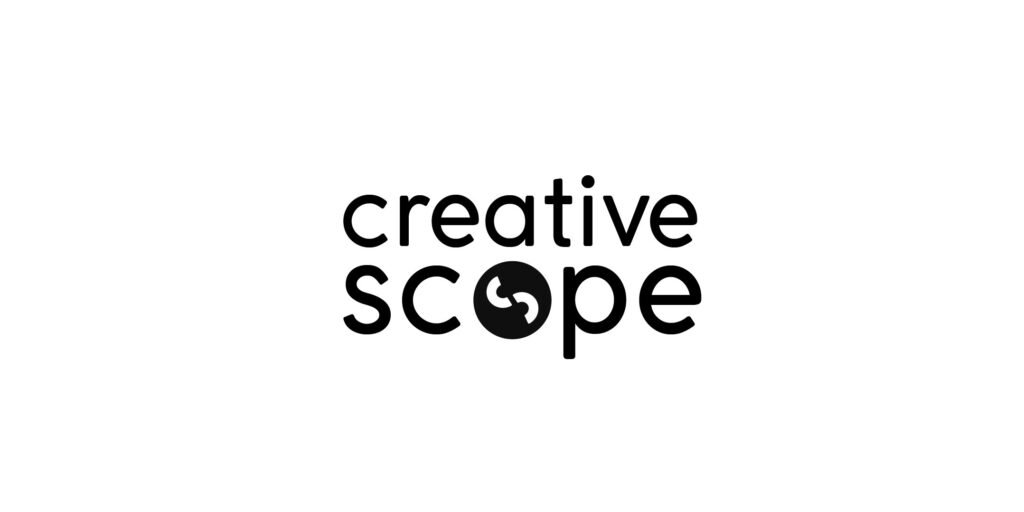The number one Facebook Ad tool, the Facebook pixel is a powerful analytical tool that helps you track conversions from Facebook Ads, collect data on visitors, and build targeted audiences that can be remarketed too. With a piece of code, you can put on your website, you can intensify your digital marketing efforts for your small business or start-up.
If you want to optimize your Facebook advertising strategy. We recommend installing the Facebook pixel on your website because it can provide you with deep insights on how successful your Facebook campaigns are and helps you reach new, relevant audiences that are more likely to convert. Read on to learn exactly what the Facebook pixel is and about it’s ability to grow your small business or start-up.
There are several ways you can use data collected from Facebook pixel tracking to refine your Facebook advertising strategy. With 3 core functions, it can help you get a better return on investment. The 3 core options are:
Custom audience from website
Custom conversion
Custom and standard events
Custom Audience from Website
The custom audience capability is how Facebook helps you retarget visitors who have visited your website. The pixel can track movements of any visitor on your website whos logged into Facebook and collect data on which pages on your site they visit, which pages they don’t visit and when they visit. With this data, you can advertise to very targeted groups. For example, you can show people an ad for the exact product that they abandoned in a shopping cart or which content they viewed the most. This capability alone is why you should create a Facebook pixel now even if you’re not using Facebook Ads yet so you have retargeting capabilities from your very first Facebook Ad. One thing to note; you can’t choose a specific website visitor to advertise to, instead Facebook lets you advertise to groups of users (Custom Audiences) with similar behavior.

Custom Conversions
Another tool that can have a large impact on your Facebook marketing strategy is the ability to create custom conversions. This is done by choosing a completion page, giving it a name and the option to add a monetary value for the what the event is worth. For example, thank you for shopping with us” page. In this example we know that a visitor has made a purchase which you can add the exact value too. You can create a report for one of your Facebook ads that show the conversion of any of your custom conversion that you set up. This strategy can help you optimize your ad strategy and calculate your return on investment.
Custom and Standard Events
The third core function is to create custom and standard events with some extra code. The standard capability is tied to 9 events in which you can go beyond with custom events.
Some standard events include:
View content – someone lands on a page on your website
search – someone uses the search function to look for something on your website
Add to card – someone adds a product to a wishlist on your site
This feature is more advanced than Custom Audiences and Conversions listed above. In the 80/20 of Facebook advertising, if you are using the Custom Audiences and Custom Conversions features, you are taking advantage of the simple things that have the biggest impacts.
Summary
The Facebook Pixel is a powerful tool that digital marketing plans must include. With this platform, you can start to gauge what type of audience visit your website and what behavior they take. Collecting data and analyzing what type of journey your visitors have on your website. Implementing the pixel on your website will redefine your marketing strategy and improve your Facebook advertising performance.


